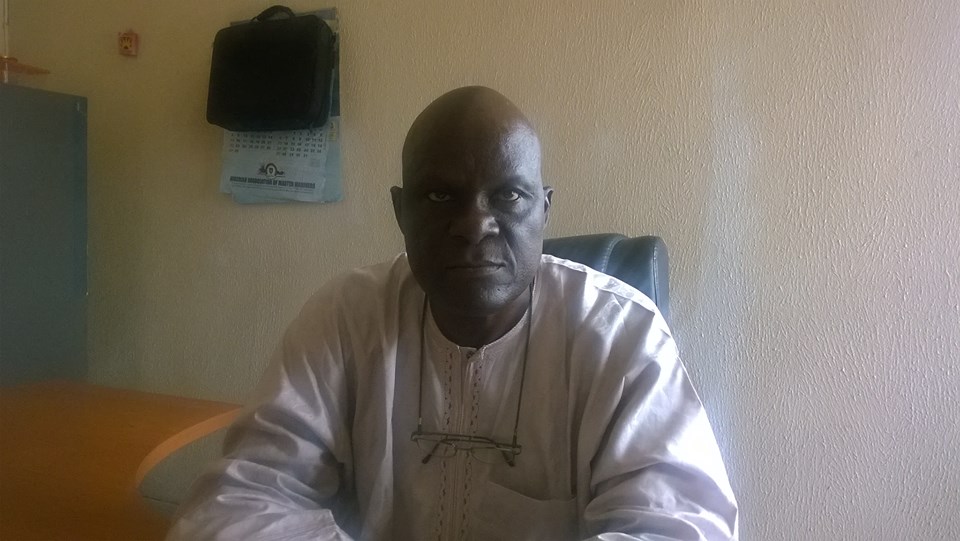A Master Mariner, Captain Tajudeen Alao has picked holes in the use of military forces to tackle piracy on Nigerian waters.
Alao who spoke in an interview with Primetime Reporters in Lagos last week on the menace of pirates on the Nigerian coastal waters stated that rather than using the military to tackle piracy on the nation’s waters, a civilian outfit supported by the International Oil Companies (IOCs), Nigerian Maritime Administration and Safety Agency (NIMASA), the Nigerian Ports Authority (NPA) and other major stakeholders in the maritime industry could be used to tackle the menace.
He noted that this civilian outfit could patrol the waters and on emergency alert the Nigerian Navy and the Nigerian Air force which would be on standby to quickly move in for intervention adding that piracy is not a threat that would require military action since they are not over throwing the government or waging war against the country.
According to him,” Look, between you and I, there could be a civilian outfit, not military, supported by the IOCs, NIMASA, NPA and all the maritime industries, they can do the patrol and when there is emergency, you have a standby force, the air force can move in and the Navy can go for intervention. They will be in their bases on standby. That is what NIMASA supposed to do, to provide surveillance and pass information and they intervene not that some people will leave their military service and come and sit in the comfort of NIMASA’s office or NPA and report there every day, that is not it. They should be in their camps and when there is an emergency, they call them. That is what happens all over the world.
“The way forward is that we must and identify the threat, identify that the civilian people will come together to contribute money into a common purse to protect our waters and not where the job will be left for one man. We can do a Public Private Partnership and when there is need for intervention and arrest, then the Navy can move in and do that. We can have security equipment meant for civilian use to detect these things and we pass it to the security agencies and they must move.
“There must be a central command which may not necessarily be the Chief of Naval Staff because we have too many commands namely, Operation Pulo Shield, we have JTF, we have Eastern Tactical Command, all these are plurality of function. The threat is not military invasion, the threat is piracy. It is not something serious although it is affecting our economy but it is not war. Yes, they have killed, they have kidnapped and maimed people, they are not overthrowing the government.
“The ISPS Code is not a Nigerian creation, it is an international creation and it is not a military affair, it is a civilian affair”.
When asked if that was not what NIMASA tried to achieve when it contracted Global West Vessels Specialists (GWVSL) to provide a platform for the Nigerian Navy to fight piracy on Nigerian waters, he said,” No, this is where all the stakeholders contribute into. I can tell you, privately, in 2004, Chevron already have facilities to monitor every craft on the water from Warri up to 12 miles off Escravos. They still have it, they have one in Port-Harcourt where they can monitor up to 40 miles to sea, CCTV not Radar serving people.
“Because they are not seeing us as serious people, if the Navy hears about this, they will hijack it saying that they should be in-charge. No, it is not who should be in-charge, their own is to pass the information and you should have a means to go”.
On allegation that piracy refused to go in Nigeria because some highly placed individuals were shielding them, Captain Alao disagreed with that position saying that it was because the government was not yet serious in fighting the menace even as he said that the value Nigeria attached to life in the country was skewed.
Send your news, press releases/articles to info@primetimereporters.com. Also, follow us on Twitter @reportersinfo and on Facebook at facebook.com/primetimereporters or call the editor on 07030661526.

